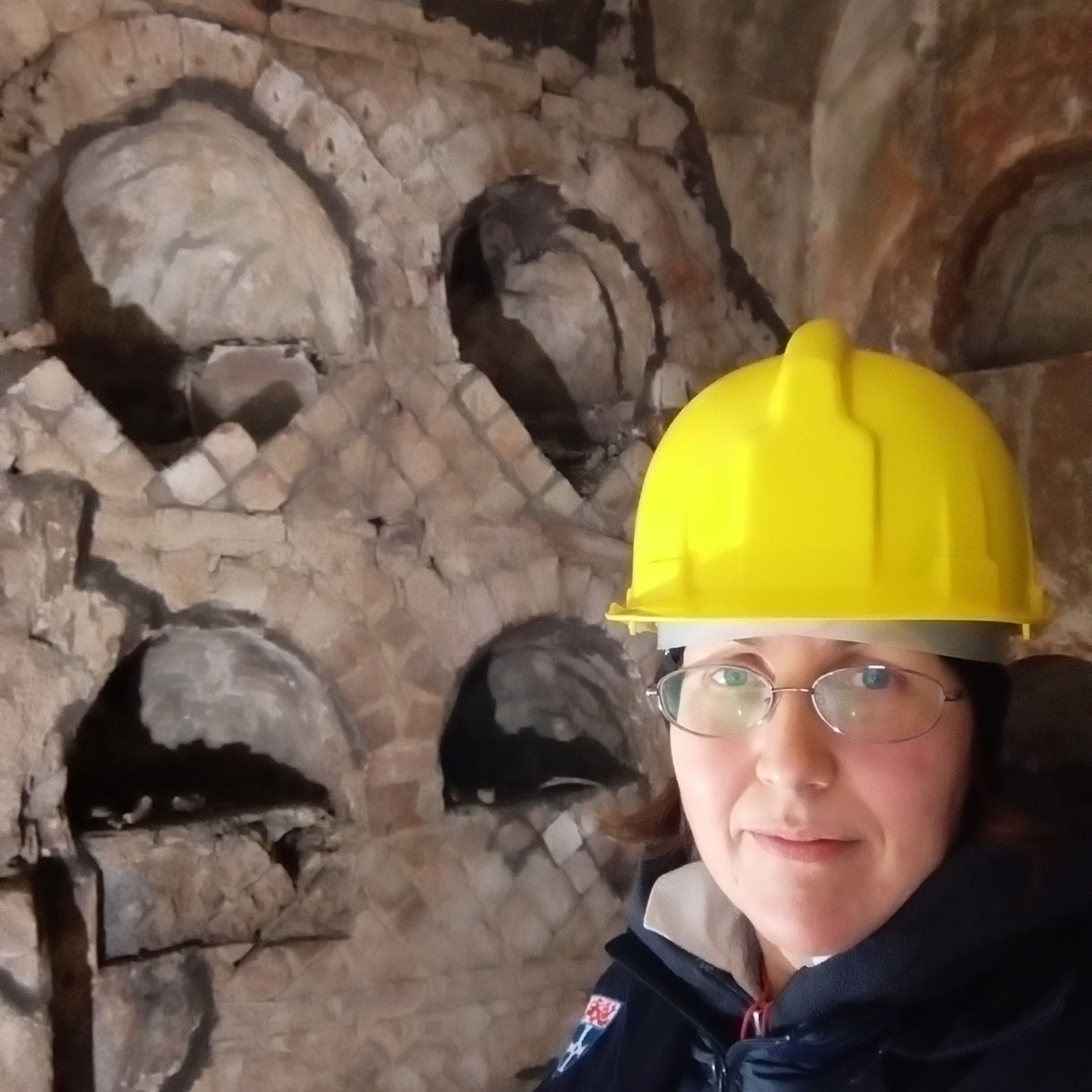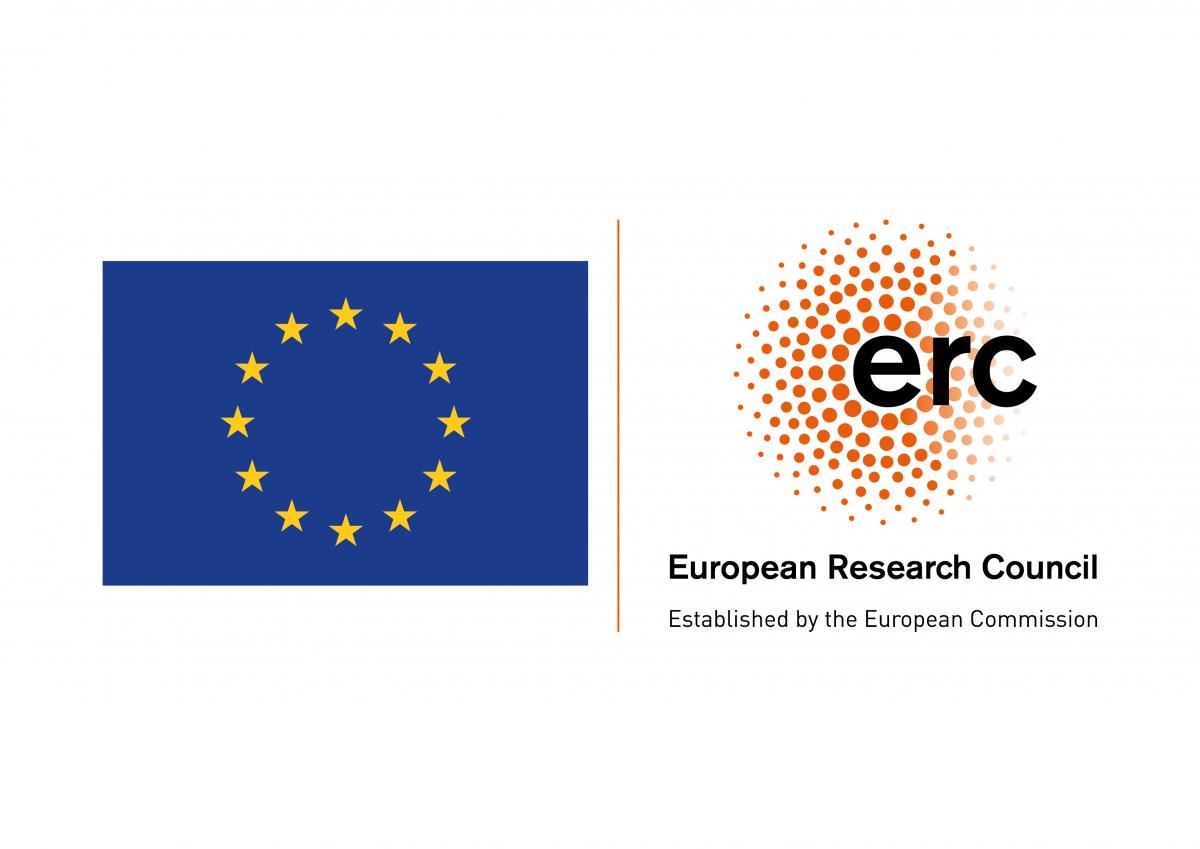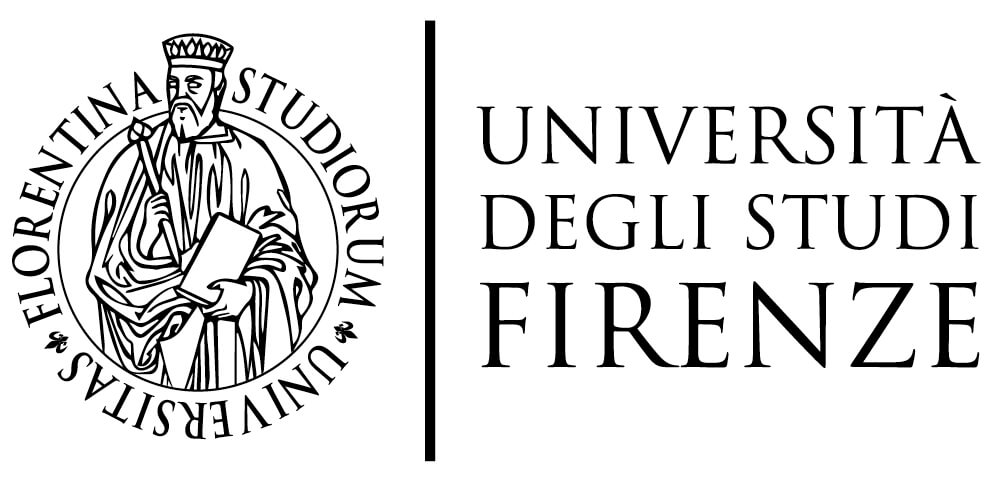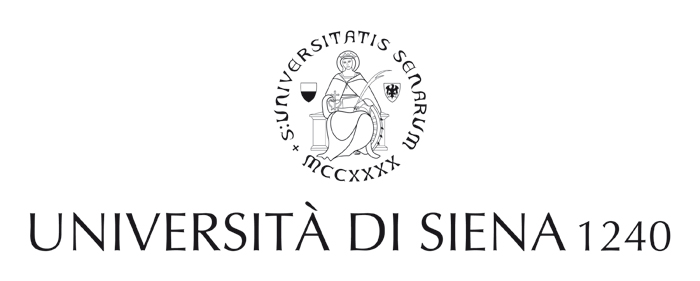Team
 Dr Thea Ravasi
Dr Thea Ravasi
- Archaeology Research Associate at Newcastle University
- Email: thea.ravasi@ncl.ac.uk
Thea has co-drafted the Rome Transformed project and is the Archaeology Research Associate for the project.
Her current research focuses on Roman residential and thermal architecture, but she has also extensively published on Roman trade and economy. She has researched a range of cultural and social contexts, covering a wide chronological period, including the relatively simple Late Republican colonial houses of Cisalpine Gaul, first century elite housing in Pompeii and Herculaneum, the grand aristocratic properties of 1st, 2nd and early 4th century Rome (including what was likely the property of the mother of the emperor Marcus Aurelius, Domitia Lucilla), up to what is considered the most complex, inventive and architecturally challenging of all Roman imperial residences, the villa of the emperor Hadrian in Tivoli, that was the subject of her doctoral research. She has also recently researched the Severan bath complex underneath the Lateran Baptistery in Rome, suggesting a new interpretation of the building’s phasing, architecture and design. She is particularly interested in the social, cultural and economic relationship between elite residences and imperial properties, as manifest in a number of contexts, such as the Horti Spei Veteris/Sessorian Palace in Rome and Hadrian’s Villa in Tivoli and in properties that later entered the imperial domain, such as the Horti of Domitia Lucilla.
As a former museum curator and educational officer in Italy and a former contract-based lecturer at Newcastle University, she strongly believes in the importance of outreach for academic research and has worked extensively in Italy and in the UK, setting up several museum galleries, numerous temporary exhibitions, developing teaching resources and delivering lectures and lessons to adults, primary and secondary school pupils.
Twitter @thearavasi








